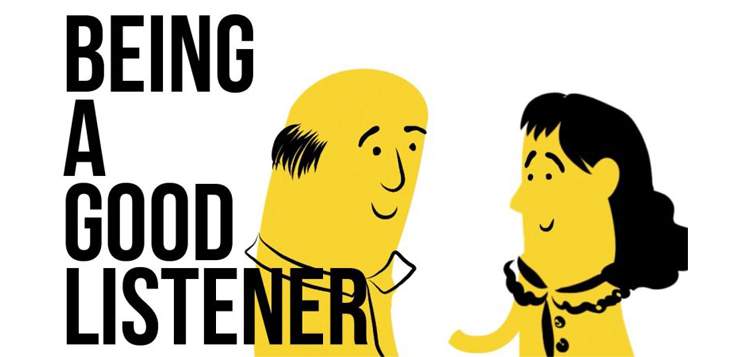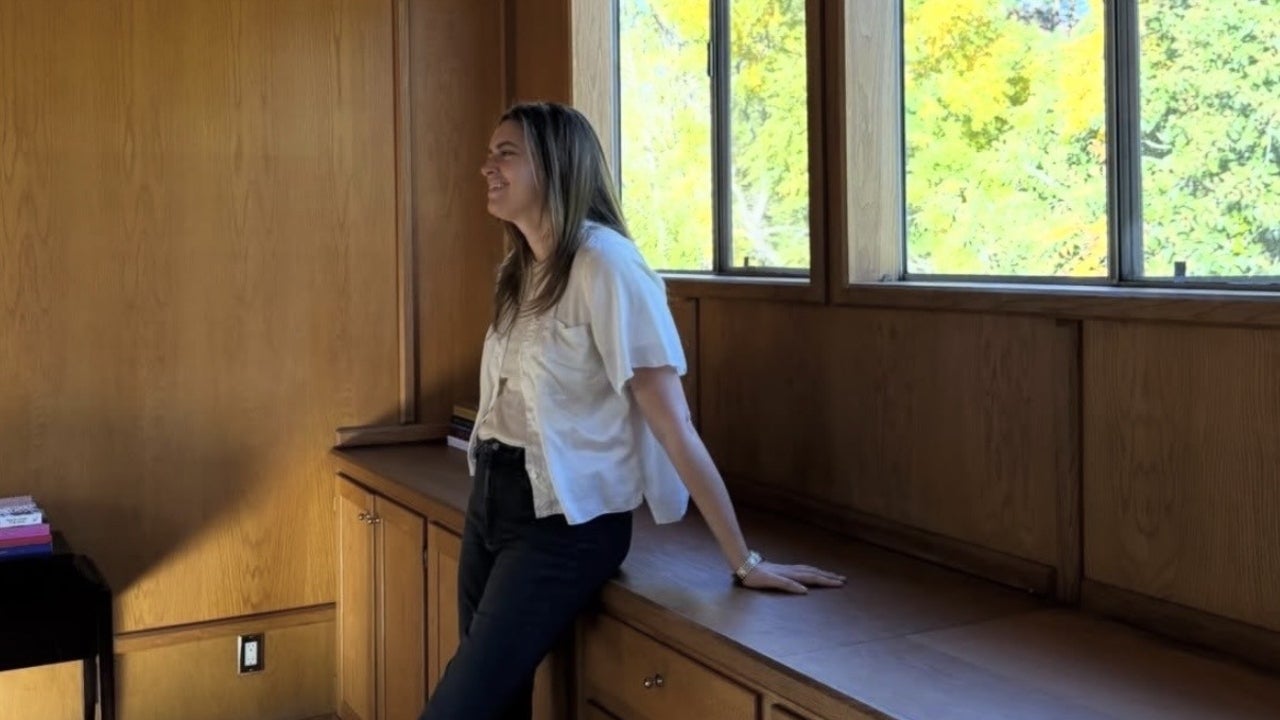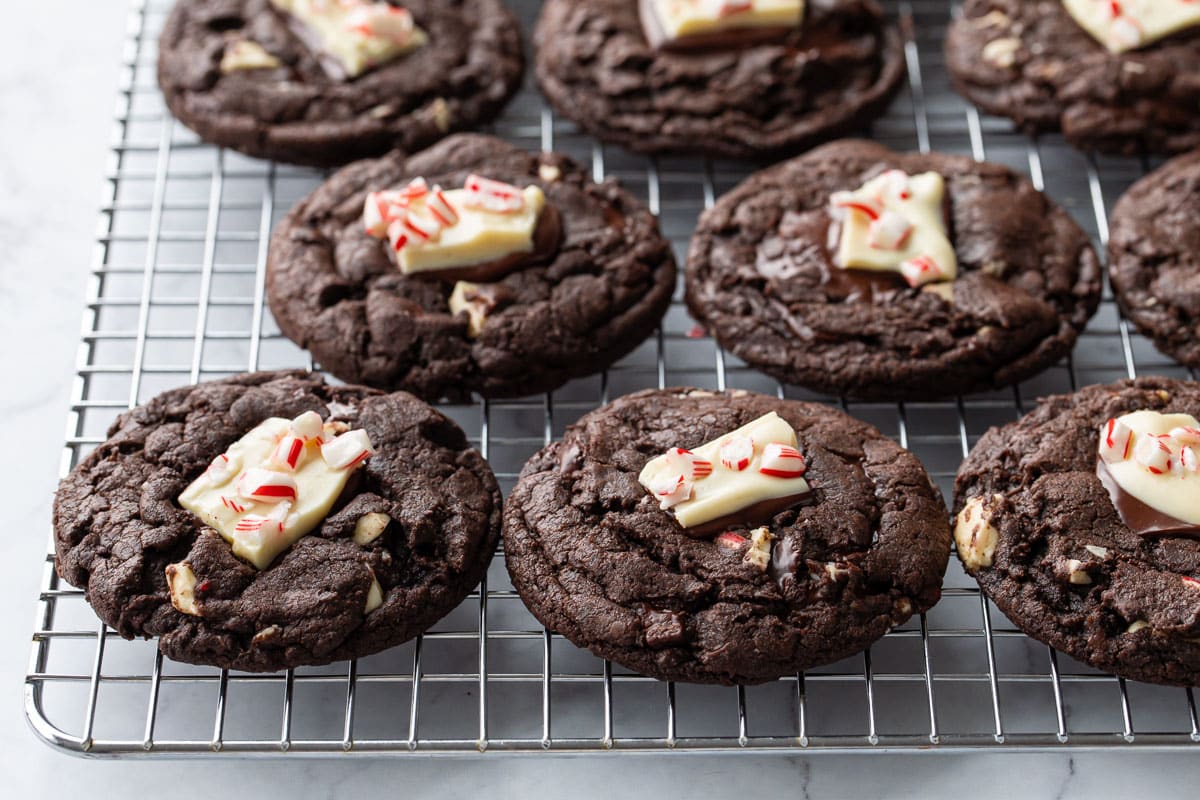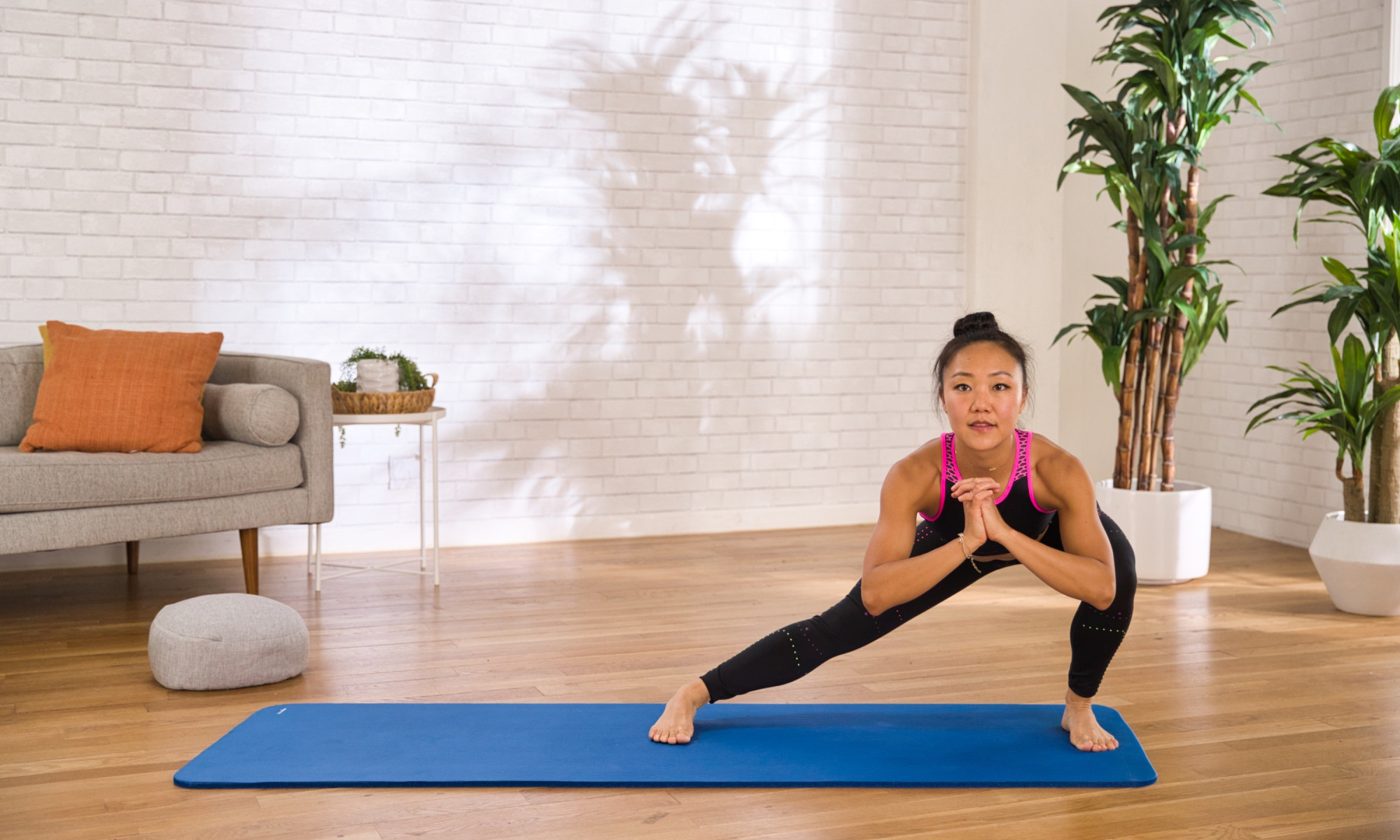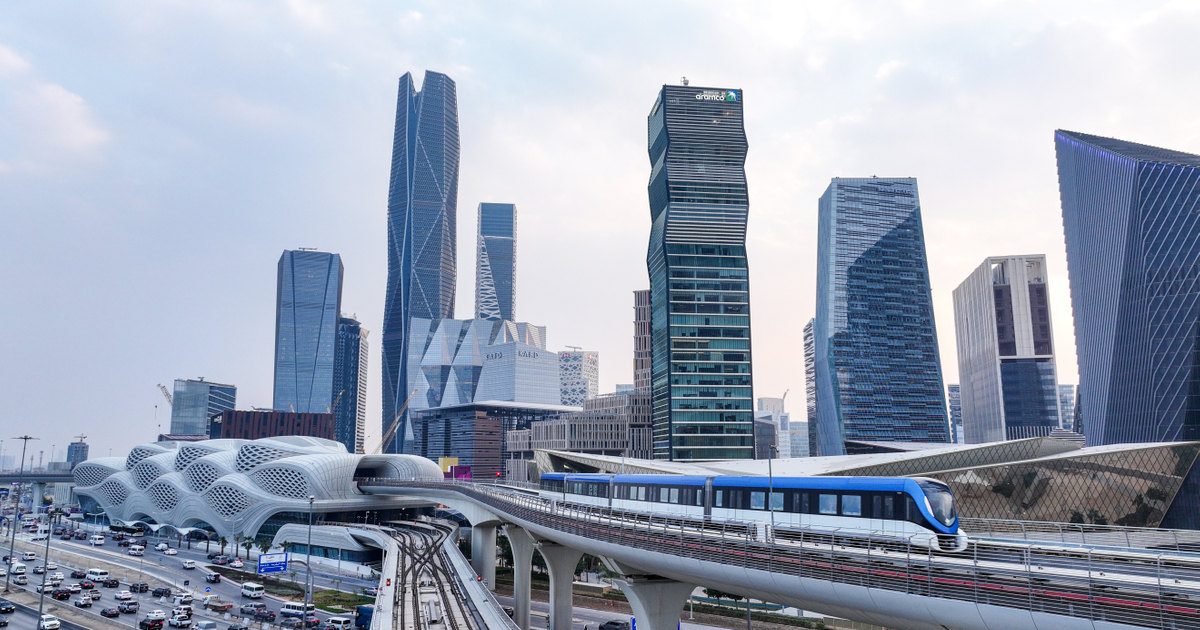Simple Isn’t Easy: 13 Honest Truths About Living With Less
Living simply takes work. But the rewards are deep and lasting. At first glance, minimalism might seem simple: Get rid of what you don’t need. Keep what matters. Live lighter. And in a way, that’s true. But anyone who’s...


Living simply takes work. But the rewards are deep and lasting.
At first glance, minimalism might seem simple: Get rid of what you don’t need. Keep what matters. Live lighter.
And in a way, that’s true. But anyone who’s walked this path knows—it’s not always easy.
Because minimalism isn’t just about what you throw out. It’s about what you confront along the way.
Choosing a life with less pushes back on nearly everything you’ve been told: that more is better, that busyness equals success, that your worth is tied to your possessions.
Minimalism is simple. But it’s not effortless. And it’s certainly not shallow.
If you’ve just begun—or if you’re somewhere in the middle—these 13 honest truths may help you feel seen, supported, and steady.
1. You’ll wrestle with more than your stuff.
Decluttering is emotional. Eventually, it stops being about items—and starts being about identity, memory, fear, and guilt. That’s normal. It’s also a sign you’re doing it right.
2. Letting go will bring up old stories.
That box in the back of the closet? It’s not just clutter—it’s a story you’ve been carrying. Maybe about who you were. Maybe about who you thought you’d become. Letting go means facing those stories. And rewriting them.
3. People might not understand.
Choosing less is a countercultural move. Some may question your choices, minimize your lifestyle, or assume it’s just a phase. Stay kind, but steady. Don’t let misunderstanding steer you off course.
4. Culture won’t slow down when you do.
Even when your life feels calmer, the world will keep selling urgency, accumulation, and comparison. You’ll see it everywhere. The difference is—you won’t need it like you used to.
5. Minimalism won’t look the same for everyone.
There’s no universal formula. What feels essential to one person may feel excessive to another. That’s okay. The goal isn’t uniformity—it’s clarity.
6. You might feel lost before you feel found.
When you remove distractions, space opens for bigger questions. Who am I really? What matters now? The absence of noise can be unsettling—but clarity follows discomfort.
7. Your values will shift.
Minimalism forces you to decide what matters—and what doesn’t. Over time, things you once chased may lose their appeal. That shift is growth.
8. You’ll confront what you’ve been avoiding.
Sometimes clutter masks grief, fear, or uncertainty. When you start clearing out, those things surface. It’s uncomfortable—but it’s also healing.
9. You’ll start simplifying more than your stuff.
Once you see the benefits of less, the mindset spreads. You begin simplifying your calendar, your habits, your goals, and even your relationships. It’s all connected.
10. It takes work to live simply.
Ironically, living with less sometimes requires more effort—especially early on. Saying no, resisting impulse, and thinking deeply are all skills that grow with practice.
11. You may feel tension in relationships.
As your priorities change, not everyone will change with you. And that’s okay. Growth isn’t always shared at the same pace. Stay steady. Influence quietly.
12. You’ll find more freedom than you expected.
The freedom that comes from minimalism isn’t just about cleared shelves. It’s about lighter mornings, deeper focus, fewer regrets, and more meaningful choices. You’ll feel it in your bones.
13. You’ll never regret choosing this path.
This path isn’t easy. But it’s worth it. Every decision. Every shift. Every breath of clarity. You’ll never regret aligning your life with what matters most.
Minimalism isn’t just a lifestyle—it’s a lens. One that helps you see what matters, release what doesn’t, and live a life that reflects your deepest values.
It’s simple. But it’s not easy. And that’s why it changes you.

 Konoly
Konoly 








